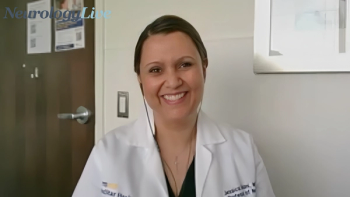
The director of the MedStar Georgetown Headache Center talked about recognizing the struggles of patients with migraine disorders and the importance of bringing awareness of available treatments to this patient population. [WATCH TIME: 5 minutes]

The director of the MedStar Georgetown Headache Center talked about recognizing the struggles of patients with migraine disorders and the importance of bringing awareness of available treatments to this patient population. [WATCH TIME: 5 minutes]
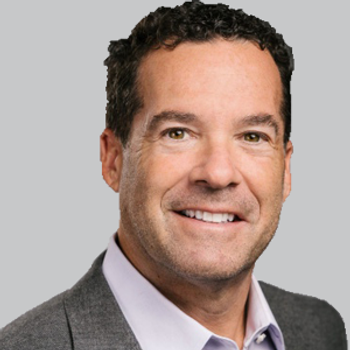
Howard Rosen, chief executive officer of the American Headache Society, provided commentary on the upcoming annual meeting and the unique types of educational sessions clinicians can look forward to.
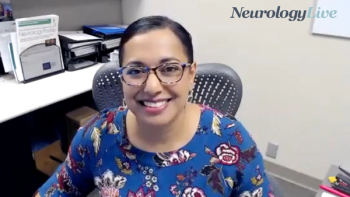
The associate professor in the department of neurology at Mayo Clinic College of Medicine talked about findings from a real-world study assessing eptinezumab among patients with chronic migraine which was presented at the AHS Scottsdale Headache Symposium 2023. [WATCH TIME: 4 minutes]
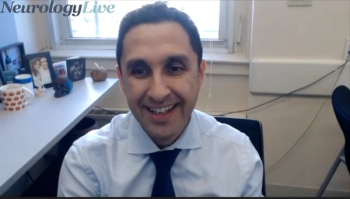
The director of the headache section at Cleveland Clinic’s Neurological Institute gave an administrative perspective on the changes to how patients with migraine are cared for, led by significant developments in recent years. [WATCH TIME: 4 minutes]

The director of the headache section at Cleveland Clinic’s Neurological Institute provided commentary on the advances in the field of migraine and reasons to be excited about the 2023 AHS symposium in Scottsdale, Arizona. [WATCH TIME: 3 minutes]
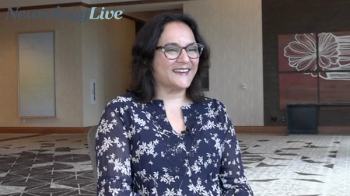
The associate professor of psychiatry at the University of Illinois at Chicago talked about the importance of diverse insight and perspectives from the headache community in shaping medical research priorities. [WATCH TIME: 3 minutes]
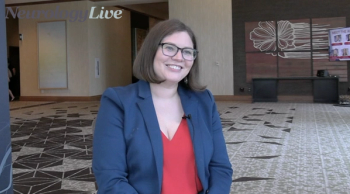
The associate professor at Yeshiva University and Albert Einstein College of Medicine explored the challenge of discussing lifestyle changes for patients with migraine, noting that lifestyle modifications can be a valuable addition to migraine treatment. [WATCH TIME: 3 minutes]
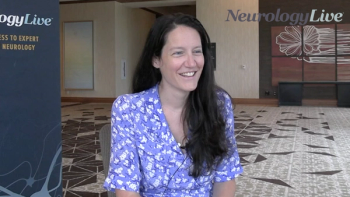
The headache specialist at Hartford Healthcare Headache Center emphasized the importance of avoiding unnecessary fear surrounding the potential link between migraine and dementia, as current evidence does not strongly support it being a significant risk factor. [WATCH TIME: 2 minutes]
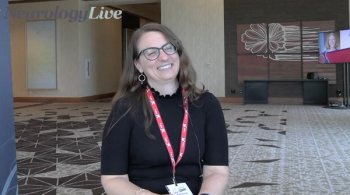
The headache specialist at the Hartford Healthcare Headache Center discussed findings from a study that revealed altered retinal vasculature in individuals with migraine with aura, indicating potential retinal biomarkers for disease progression. [WATCH TIME: 4 minutes]

The associate professor at Yeshiva University and Albert Einstein College of Medicine discussed the significance of motivational interviewing as a means for providers to engage with their patients and the harmful impact of societal stereotypes on individuals with migraine. [WATCH TIME: 5 minutes]
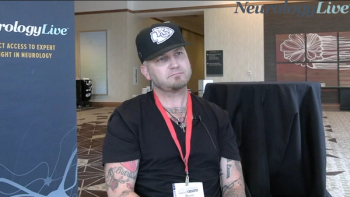
The professor of anesthesiology at Washington University in St. Louis provided perspective on the respect and approach that comes with conducting research in underserved or impoverished communities. [WATCH TIME: 4 minutes]
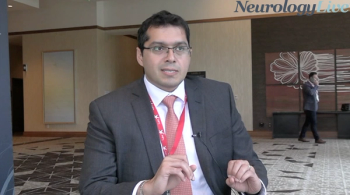
The director of the Neuroinformatics Program at the University of California, Irvine, discussed complexities with different machine learning algorithms in migraine research, including findings from the AMPP study. [WATCH TIME: 5 minutes]
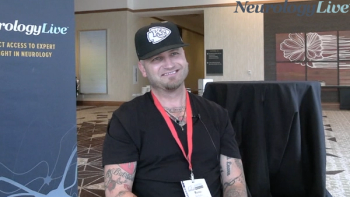
The professor of anesthesiology at Washington University in St. Louis discussed the reasons behind his presentation at the 2023 AHS Annual Meeting on engaging underserved populations in pain medicine research. [WATCH TIME: 3 minutes]
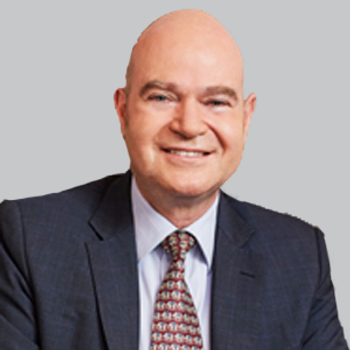
At month 2 of a 3-month treatment period, investigators observed an improvement of 2.75 days favoring tricaprilin.

The professor of anesthesiology at Washington University in St. Louis discussed the importance of effectively communicating and reciprocating with underserved communities that are of research interest.
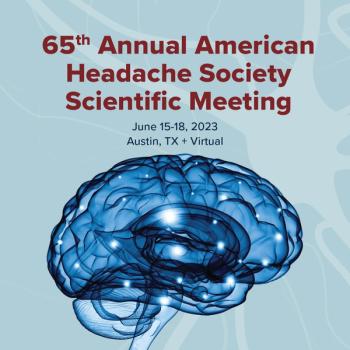
A group of experts in the care of patients with neurological conditions—Amynah Pradhan, PhD; Katherine Podraza, MD, PhD; Elizabeth K. Seng, PhD; Olivia Begasse de Dhaem, MD, FAHS; Sait Ashina, MD, FAHS—shared their perspectives on hot topics of treatment and management in headache/migraine from the 2023 American Headache Society Annual Scientific Meeting.

Mind Moments®, a podcast from NeurologyLive®, brings you exclusive interviews with Amit Bar-Or, MD; Gavin Giovannoni, MBBCh, PhD; Dayna Johnson, PhD, MPH, MSW, MS; John Winkelman, MD, PhD; Laxman Bahroo, DO; Ling Wan-Albert, OTD, OTR/L; Sara Pavitt, MD; and Ali Ezzati, MD. [LISTEN TIME: 28 minutes]

As a recap from AHS 2023, get caught up on some of the latest news in neurology as the NeurologyLive® team shares some of our data updates.
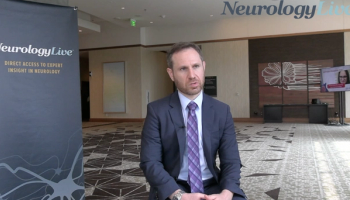
The pain management specialist and headache neurologist at the University of California San Diego Center for Pain Medicine discussed the different forms of cannabis and the need to conduct larger, multicenter studies to better understand its effects in migraine. [WATCH TIME: 3 minutes]

The professor of anesthesiology at Washington University in St. Louis provided insight on his presentation at AHS 2023 discussing the need to engage underserved populations.
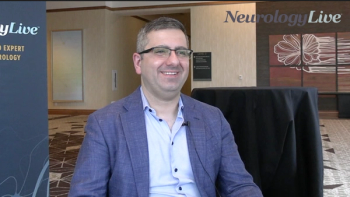
The assistant professor of neurology at Harvard Medical School talked about the prevalence of tension-type headache and how recent advances shed light on its pathophysiological mechanisms, leading to potential new treatments for the condition. [WATCH TIME: 5 minutes]
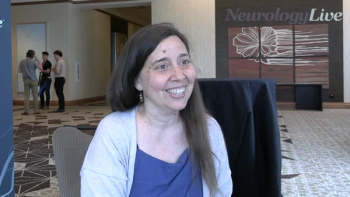
The research project manager of the headache program at the Children's Hospital of Philadelphia discussed data that suggest that an unhealthy and imbalanced microbiome may exacerbate the frequency, severity, and duration of migraines. [WATCH TIME: 4 minutes]
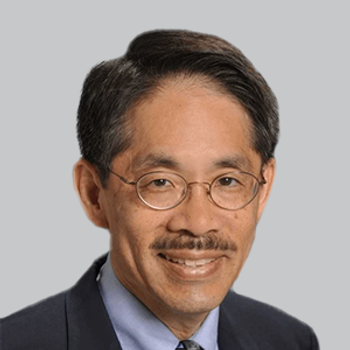
B U. K. Li, MD, emeritus professor of pediatrics and gastroenterology at the Medical College of Wisconsin, highlights the significant overlap between cyclic vomiting syndrome, abdominal migraine, and migraine headaches.
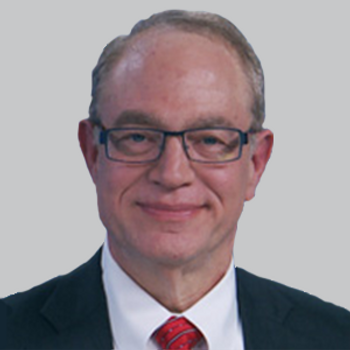
Over an 8-week period, patients with migraine and major depressive disorder who were treated with fremanezumab showed significant reductions in HAMD-17 and PHQ-9 scores.

The headache specialist at Hartford Healthcare Headache Center talked about her debate at AHS 2023 on why migraine is not a risk factor for dementia. [WATCH TIME: 5 minutes]
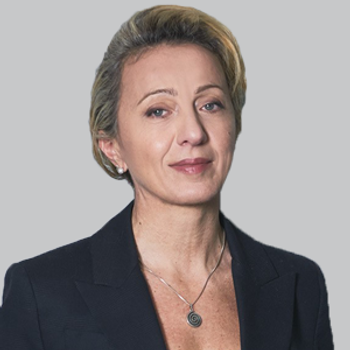
Following the initiation or switch to a new migraine preventive medication, patients taking galcanezumab showed numerically greater 3-month improvements for most measures of health-related quality of life and disability.
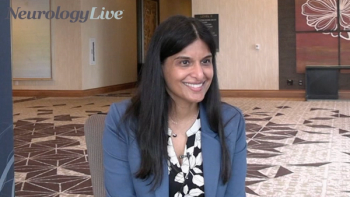
The associate professor of neurology at Mayo Clinic discussed the developing field of migraine management during pregnancy and the importance of raising awareness of treatment options during the gestation period. [WATCH TIME: 4 minutes]

At the 2023 AHS Annual Meeting, the chief of headache at UT Austin Dell Children’s Hospital discussed her presentation on a new educational intervention to improve knowledge of pediatric headache.
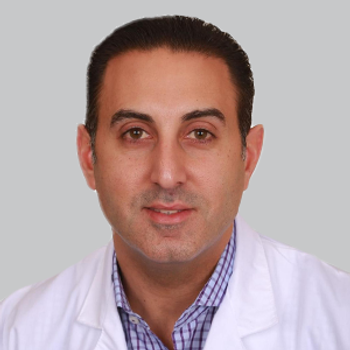
The combination of both REN and gepants for acute migraine treatment may have an increased efficacy compared with REN alone, an expected result based on the different actions of the treatments.
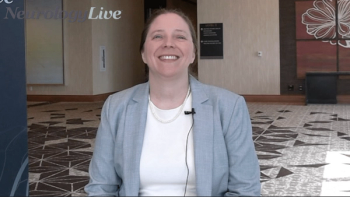
The director of the Pediatric Headache Program at the Children’s Hospital of Philadelphia talked about the usage of an integrated EHR questionnaire to improve the likelihood of specific diagnosis in pediatric headache. [WATCH TIME: 5 minutes]